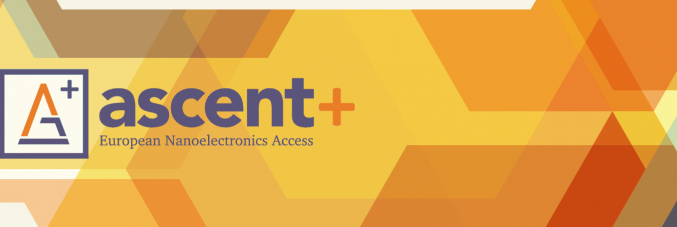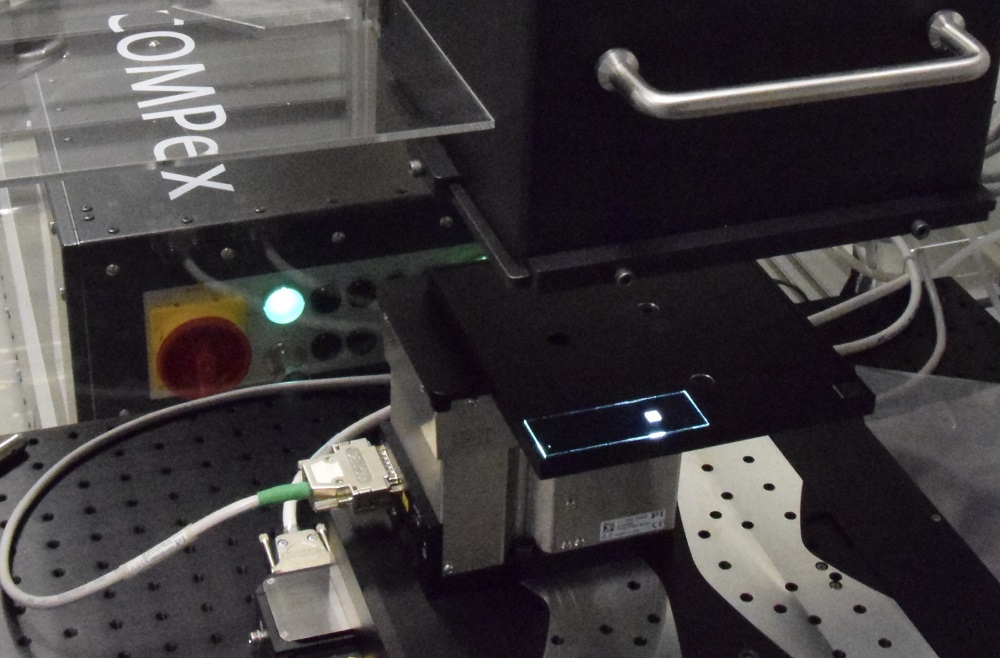
The ASCENT+ European network launches a new phase for research and development in nanoelectronics
29.10.2020
With the project ASCENT+ 15 partners, including the University of Padova, mobilise an unprecedented network of knowledge and investment to open access to key European infrastructures and enable academic and industry researchers to address emerging challenges in Nanoelectronics and to accelerate innovation path-finding.
Building on previous success, and with an additional EU investment of €10m, ASCENT+ brings together 15 partners to make world-class facilities available and to foster the Nanoelectronics community. ASCENT+ offers an extensive portfolio to access state-of-the-art processing, modelling and data sets, metrology and characterisation, and devices and test structures for Nanoelectronics. As such, it significantly advances the first phase of the open access programme which delivered 100 access projects to researchers from 30 countries across the global research community over the last four years and built a community of over 400 researchers.
ASCENT+ integrates a unique research infrastructure with outstanding credentials. The partners’ facilities at CEA-Leti (FR), Fraunhofer Mikroelekronik (DE), imec (BE), INL (PT/ES) and Tyndall (IE) combine research infrastructure and expertise representing over €2.5 billion of investment and several millennia of accumulated knowledge.
ASCENT+ also includes CNRS (FR), Universiteit Gent (BE), TU Bergakademie Freiberg (DE), JKU (AT) and the University of Padova (IT) as academic partners to advance the project’s offering and further stimulate the user community to bridge the gap between scientific exploration and development of proof-of-concept technologies. This will fast-track the development of next generation information processing devices.
From the University of Padova, the Department of Physics and Astronomy is involved in the project. The Semiconductor Physics Group will develop new methodologies with 2D materials for disruptive novel transistor devices. The new Strategic Research Infrastructure SENSITISE “Excimer Laser system for Surface Processing and synthesis“ funded by the University of Padova with the ISR 2017 program will play a central role in the activity.
ASCENT+ will grow a first-class research and innovation network through the participation of Silicon Europe Alliance members: DSP Valley (BE), MIDAS (IE), Minalogic (FR) and Silicon Saxony (DE) as well as the SiNANO Institute (FR), reaching out to over 3,700 members.
Giorgos Fagas, ASCENT+ lead and Head of EU Programmes at Tyndall National Institute said “The next era in Nanoelectronics is driven by demonstrations of: quantum advantage using solid-state platforms; low-power, energy-efficient, high-performance computing based on disruptive devices; and increased functionality through advanced integration of a diverse range of materials and innovative technologies. ASCENT+ offers an unparalleled access opportunity to users, empowering them to respond to these new problems and to advance knowledge and technology through generating novel results and nurturing talent in their own labs.” ASCENT+ presents a unique opportunity for Europe to regain global leadership in Nanoelectronics at a pivotal time as the horizon broadens beyond Moore’s law.
Sign-up form to receive newsletters, updates, info, etc. (unsubscribe available at any time).
Contact person: prof. Enrico Napolitani (enrico.napolitani@unipd.it)

UV laser material processing at the Laser Processing Laboratory of the Department of Physics and Astronomy, University of Padova



